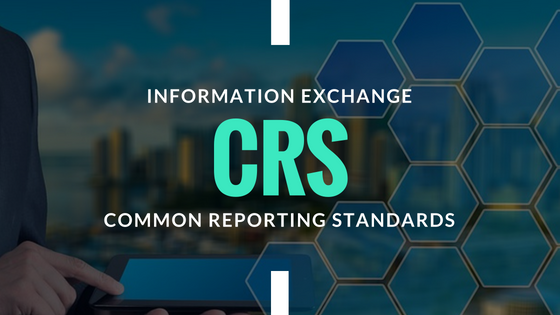Panama: automatic information exchange
In 2016, Panama adopted Law 51. This followed an agreement with the OECD and FATF that it would adopted exchange of financial information. Law 51 paved the way for information exchange, which later changed to automatic information exchange. This will occur through common reporting standards (known as CRS).
Background
Following the scandals of the Panama Papers, Panama came under heavy pressure from the OECD & FATF to exchange financial information for tax purposes. Initially, Panama indicated that it would only negotiate and sign bilateral agreements for this exchange of information. As the negotiation dragged on, Panama succumbed and agreed to signing the MCAA. The MCAA provides the framework agreement on which different countries will exchange information. It promises to provide “a standardised and efficient mechanism to facilitate the automatic exchange of information”. In this “each signatory has ultimate control over exactly which exchange relationships it enters into and that each signatory’s standards on confidentiality and data protection always apply.”
In 2017, the IGA signed by Panama with the United States came into effect for FATCA reporting. This measure to implement CRS for other countries follows on from those changes in policy.
In effect: September 2018
The CRS and automatic information exchange enters into effect in September 2018. Some 100 countries are participating in MCAA, but so far Panama has only reached agreements and finalised details with 33. These are the 33 countries listed in Executive Decree #122, published June 11, 2018. In May 2018, Panama & Uruguay reached a bilateral agreement for the exchange of information, adding it at the last minute to the list of countries then published on June 11.
Countries list
The list applies to residents of the following countries:
| Argentina | Australia | Belgium |
| Bulgaria | Denmark | France |
| Germany | Greece | Guernsey |
| Holland | India | Indonesia |
| Ireland | Isle of Man | Italy |
| Japan | Lithuania | Luxembourg |
| Malaysia | Malta | Mexico |
| New Zealand | Norway | Poland |
| Portugal | Seychelles | Singapore |
| Slovenia | South Africa | Spain |
| Sweden | United Kingdom | Uruguay |
Financial institutions, following the publication of this list, now know which countries, at least for now, they have to supply information on to the Panamanian tax authorities for automatic information exchange.
Now what happens?
If you are a resident of one of the countries on the list, and you have a financial account in Panama, you can expect that the bank or financial institution in Panama will be reporting the existence of that account to the Panamanian tax authorities, who are then responsible for the information exchange internationally. Panamanian financial institution are not going to automatically exchange the information with other financial institutions – the exchange will have at the level of government offices.
If you are a resident of one country and citizen of another which has world-wide taxation (such as United States), you can expect that this information will be shared and reported with both countries.

